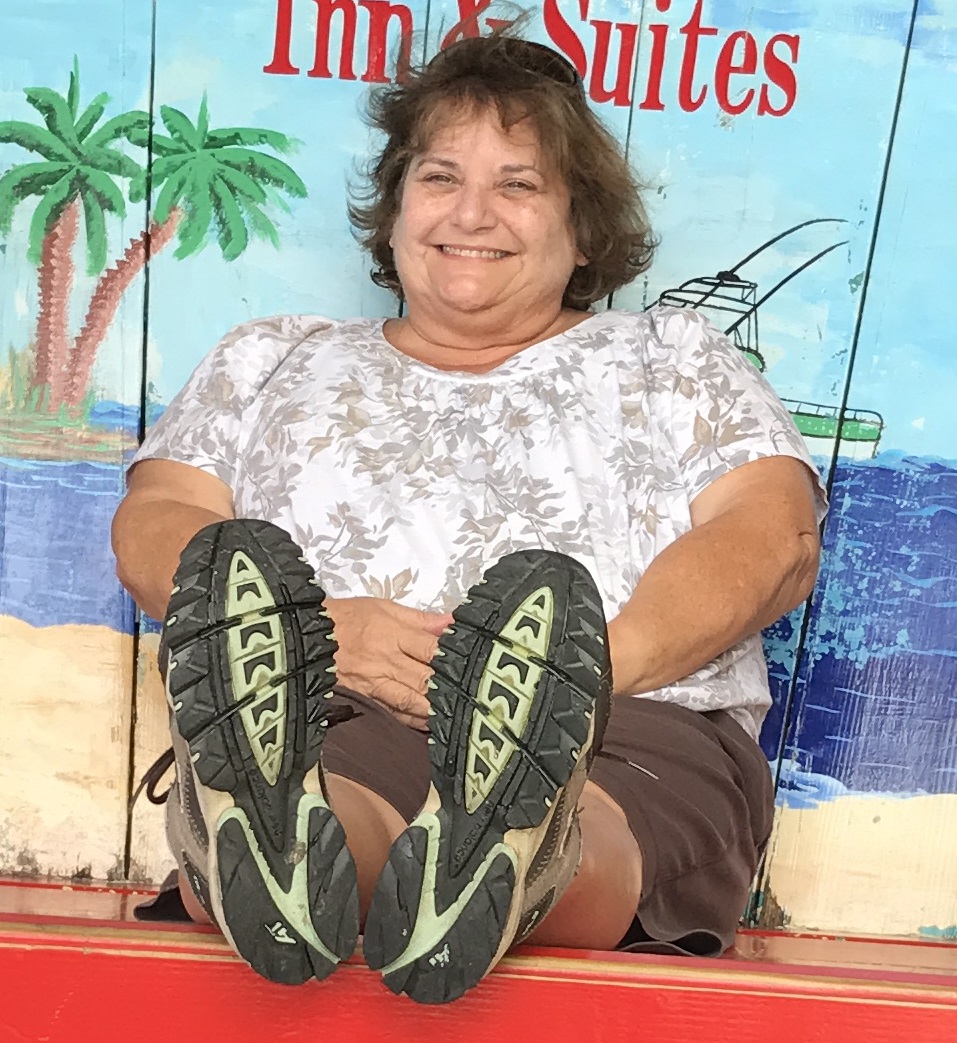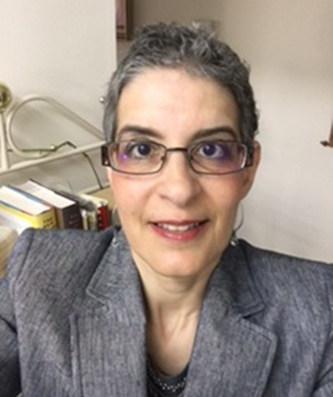April 7, 2020 by John Fernandez
Surviving — and Thriving — After a Cancer Diagnosis

On National Cancer Survivors Day, Sunday, June 4, the more than 15.5 million cancer survivors in the U.S. and their supporters will unite to celebrate life and raise awareness of the challenges faced by people living with a history of cancer. The Survivorship Program at Miami Cancer Institute addresses those challenges and ensures survivors, such as Debbie Berngard and Deborah Hasson, are not forgotten once active treatment ends.
“Survivorship care focuses on the healthcare needs of patients who have completed curative cancer treatment and are transitioning to life beyond a cancer diagnosis,” explained M. Beatriz Currier, M.D., director of Cancer Patient Support Center at Miami Cancer Institute. “The Survivorship Program offers comprehensive clinical services to address the broad spectrum of cancer survivors’ needs. Treatment is customized to each survivor to optimize their health outcome.”
With an emphasis on healing, recovery, wellness and disease prevention, the program’s multi-specialty team helps survivors of all types of cancer manage the physical and emotional symptoms related to cancer and its treatments, which can include fatigue, lymphedema, pain, weight gain, sexual dysfunction, depression, cognitive difficulties and memory loss.
Debbie Berngard – Treating the Whole Person
 Breast cancer survivor Debbie Berngard was introduced to the Survivorship Program by Grace Wang, M.D., medical oncologist at Miami Cancer Institute. Ms. Berngard recalls her first visit with Survivorship nurse practitioner Rosalind Guest, ARNP. “I learned things about my health that I did not know,” she said. “Rosalind talked to me about ‘the whole person.’ She addressed areas such as blood test results, bone density, memory issues and nutrition.”
Breast cancer survivor Debbie Berngard was introduced to the Survivorship Program by Grace Wang, M.D., medical oncologist at Miami Cancer Institute. Ms. Berngard recalls her first visit with Survivorship nurse practitioner Rosalind Guest, ARNP. “I learned things about my health that I did not know,” she said. “Rosalind talked to me about ‘the whole person.’ She addressed areas such as blood test results, bone density, memory issues and nutrition.”
The consultation was the first step of Ms. Berngard’s journey to achieving overall wellness. The personalized care plan she received a week later summarized her disease and treatments and ongoing plan of care. This personalized report, says Dr. Currier, considers genetic risk, osteoporosis risk and other factors related to a patient’s specific cancer and post-treatment health. Ms. Berngard shared this vital health information with her primary care physician and other specialists.
Ms. Berngard’s survivorship care plan included meetings with a dietitian, an exercise physiologist and a psychiatrist for memory testing. She has attended a survivorship yoga class and several educational classes that focus on healthy cooking and eating.
“Taking care of myself after my reconstructive surgeries had become a full-time job,” explained Ms. Berngard, who is now retired from her 33-year career as a hospital administrator for the VA Healthcare System. “It’s nice to have this support system. I know I can call Rosalind with any question at any time.”
Deborah Hasson – Gaining Confidence and Strength
 One year after her breast cancer diagnosis, Deborah Hasson is back to work full time at Florida International University and says she is doing very well, thanks to her team of doctors and the Survivorship Program. She also learned about the program from Dr. Wang. “I appreciate Dr. Wang’s advocacy, research efforts and the work she does on behalf of cancer patients and the community,” Ms. Hasson said.
One year after her breast cancer diagnosis, Deborah Hasson is back to work full time at Florida International University and says she is doing very well, thanks to her team of doctors and the Survivorship Program. She also learned about the program from Dr. Wang. “I appreciate Dr. Wang’s advocacy, research efforts and the work she does on behalf of cancer patients and the community,” Ms. Hasson said.
Dr. Wang encouraged Ms. Hasson to be a model in this year’s Models of Hope Fashion Show at the 16th annual Day of Caring for Breast Cancer Awareness event, sponsored by Miami Cancer Institute. Ms. Hasson says the event, along with Survivorship Program classes, bring survivors together, forming friendships and a built-in network of support.
The program’s group exercise classes, developed exclusively for cancer survivors by oncology-certified exercise physiologist Joann Santiago-Charles, help Ms. Hasson regain strength, muscle tone and balance. She attends classes twice a week and says she has learned to love exercise. “Joann is so knowledgeable, motivating and funny,” Ms. Hasson said. “She explains everything, stresses proper form and helps you understand the benefits of each exercise.”
Living Life to the Fullest
The Survivorship Program’s monthly educational lectures address topics important to cancer survivors, such as taking steps to tackle depression, osteoporosis, “chemo brain,” weight gain and sexual dysfunction. Another critical component of a survivor’s plan of care is active surveillance to detect recurrence or new primary cancers, Dr. Currier says. Regular screenings can lead to early detection of cancer and improved outcomes.
“The Survivorship Program teaches cancer survivors strategies and practices to improve self-care, manage stress and incorporate preventive medicine into their daily routines,” Dr. Currier explained. “Life after cancer is about more than just surviving; it’s about living a fulfilling, healthy life and thriving.”
top stories












There are no comments